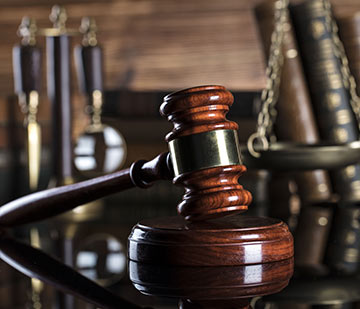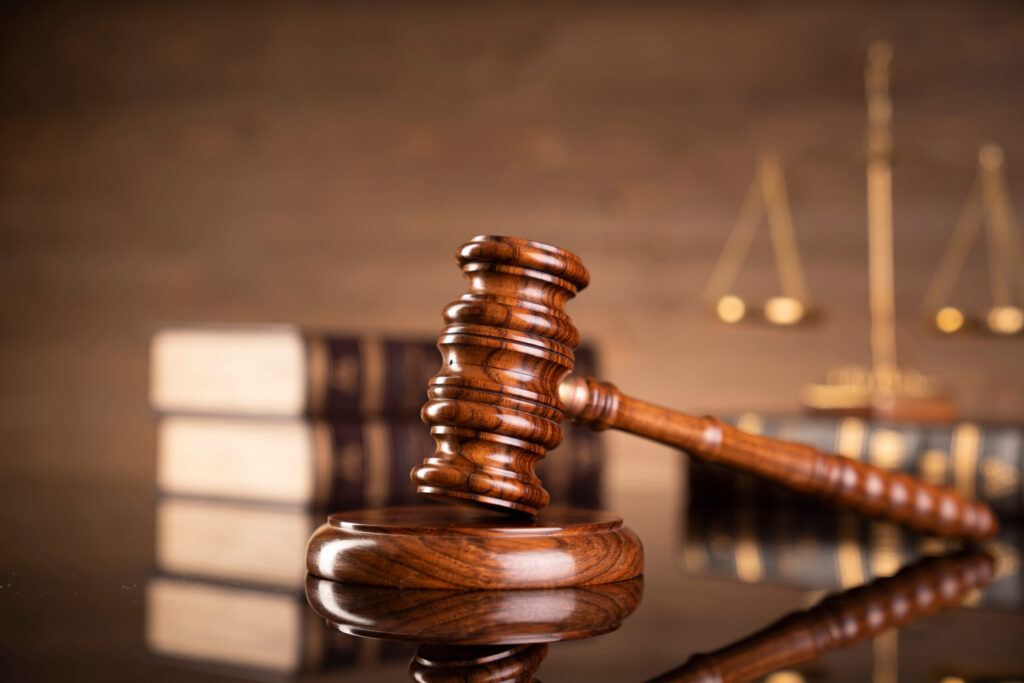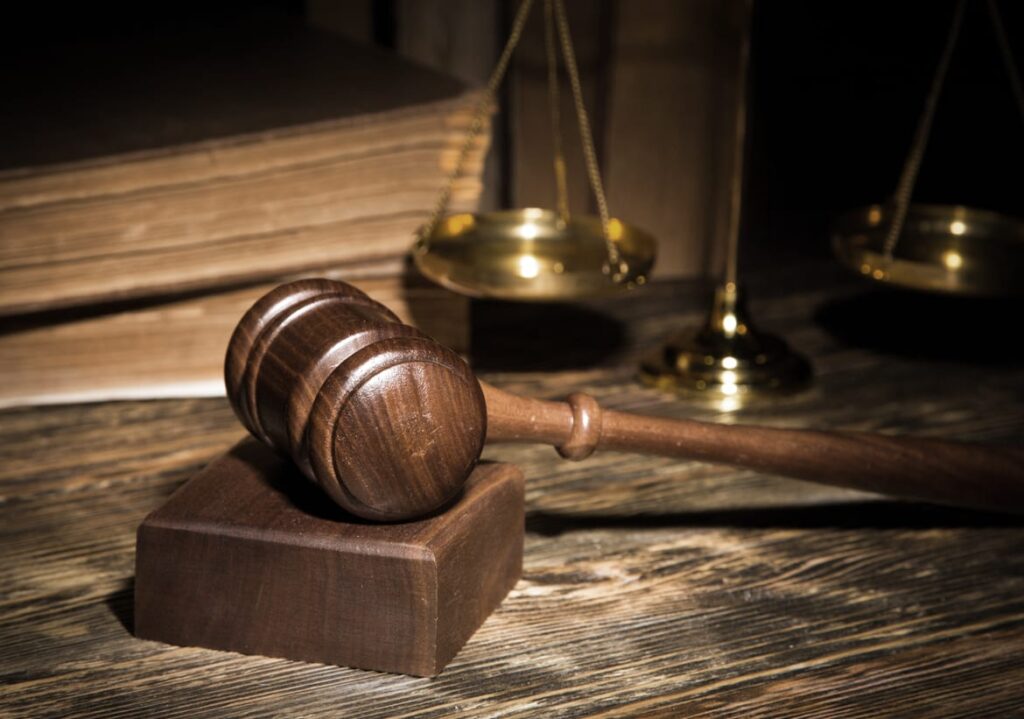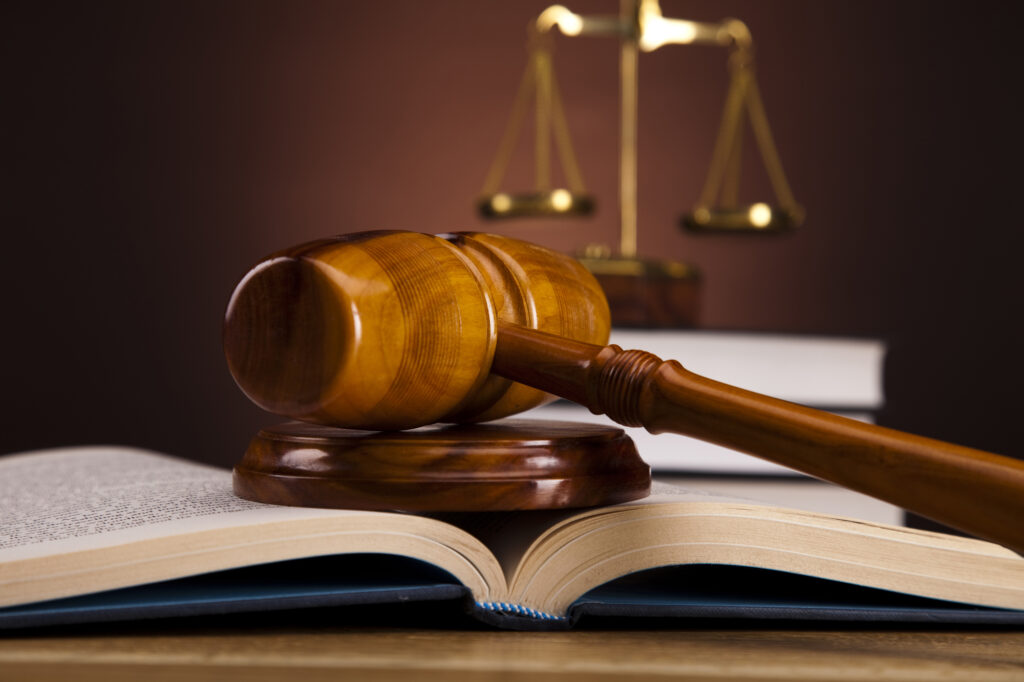In a significant move, the Supreme Court of India on 23 May 2025 issued notice to the Union of India on a Public Interest Litigation seeking a nationwide betting apps ban. The plea was filed by Dr K A Paul in his personal capacity, urging the Court to regulate or prohibit the unchecked growth of online and offline betting platforms in the country.
The Bench expressed empathy toward the cause of a betting apps ban, but questioned whether it could be legally enforced. Justice Surya Kant remarked, “Principally, we are with you, it should be stopped… but probably you are under a misconception that it can be stopped through a law. Just like we cannot stop people from committing murder despite the law.” The Court also noted the role of celebrity endorsements in promoting betting apps, especially during the IPL season. Referring to the popularity of cricket icons, the Bench said, “God of cricket is endorsing…”
By issuing notice to the Centre, the Supreme Court has formally initiated legal scrutiny into whether a betting apps ban or tighter regulation is both legally feasible and constitutionally sound. The Centre’s response in the coming weeks will be critical in shaping the direction of this important PIL. This blog explores the Supreme Court’s initial observations, the core constitutional issues raised, and the potential legal and social impact of a possible betting apps ban in India.
Read Also: SC Defends Urdu Use; Says Language Unites All
Background of the Case on Betting Apps Ban
The case titled Dr K A Paul @ Kilari Anand v Union of India and Others was filed as a Public Interest Litigation (PIL) in the Supreme Court of India by social activist and evangelist Dr K A Paul. The petition seeks a complete betting apps ban, citing the unregulated growth of both online and offline gambling platforms in India.
According to the petitioner, these betting apps are destroying lives by luring users especially youth into financial and psychological ruin. Dr Paul highlighted alarming statistics, claiming that 1,023 people in Telangana alone had died by suicide due to addiction to betting platforms. He also alleged that 30 crore people across India have been illegally trapped by these apps, which he argued amounts to a violation of their fundamental right to life under Article 21 of the Constitution.
The petitioner also raised concerns about the promotion of such platforms by Bollywood and Tollywood celebrities, as well as cricket icons. He claimed that 25 influencers and actors were actively endorsing these betting platforms and misleading the public, particularly during high-viewership events like the IPL. He argued that such endorsement encourages illegal activity under the guise of entertainment, making a strong case for immediate regulation or a ban on betting apps.
Dr Paul appeared in person to argue the matter, underscoring the urgency for interim relief. However, the Bench declined to grant interim orders at this stage, stating that further hearing and responses from the Union of India were necessary before any action could be taken.
Read Also: Honour Killing Case: Supreme Court’s Strong Verdict
Legal Provisions Invoked in the Case
- Article 21 of Right to Life and Personal Liberty: The backbone of this petition rests on Article 21 of the Constitution, which ensures the Right to Life. Dr. Paul argued that addiction to betting apps is leading to financial devastation, mental health crises, and even suicides thus infringing upon this fundamental right. “Betting platforms are not just games—they are weapons of mass mental destruction,” Dr. Paul emphasized, pointing to 1,023 suicides in Telangana alone.
- Article 32 of Constitutional Remedy: The PIL was filed under Article 32, which empowers individuals to move the Supreme Court directly for enforcement of fundamental rights. Given the petitioner’s plea to curb the menace of unregulated gambling, this provision grants jurisdiction to entertain such an issue at the national level.
- Public Gambling Act, 1867: Though archaic, this Act prohibits operating or visiting common gaming houses. However, it does not comprehensively cover online betting, leaving betting apps in a gray legal area. Dr. Paul’s PIL emphasizes the urgent need for legal updates. This is the primary central law regulating gambling. It bans owning or managing a gambling house (Section 3), Engaging in public gambling (Section 4), Betting on animal fights (Section 13)
- Information Technology Act, 2000: The IT Act was referenced to point out the gaps in digital regulation. Section 69A, which allows blocking public access to information through apps or websites, could theoretically apply to betting apps, but the government has yet to utilize it fully in this context.
- State Laws on Betting & Gambling: Since gambling falls under the State List in India’s Constitution, certain states like Sikkim and Nagaland have activated licensing systems for online “skill-based” games, while others rely on the outdated 1867 Act or apply piecemeal regulation.
Court’s Reasoning on Betting Apps Ban
Read Also: SC on Reasonable Accommodation in MBBS Admission
During the hearing, the Supreme Court Bench expressed concern over the rising use of online betting platforms but also pointed out the legal limitations in enforcing a complete betting apps ban. Justice Surya Kant noted that while the Court supports the idea of stopping harmful gambling practices, legal measures alone may not be enough to completely eliminate the problem.
The Bench remarked, “People are voluntarily doing these things. What can be done? Principally, we are with you, it should be stopped… but probably you are under a misconception that it can be stopped through a law. Just like we cannot stop people from committing murder despite the law.” This means that even with laws in place, human behavior cannot always be controlled, and expecting a law to fully solve the issue of betting may not be realistic.
Justice Kant also observed that betting increases during cricket events like the IPL. He stated, “Because he knows in the name of watching IPL, there are thousands betting… we will ask Union what it is doing.” This shows that the Court is aware of how betting is being carried out under the cover of entertainment and viewership.
While the petitioner sought immediate interim relief, the Court made it clear that “Meanwhile, nothing can be done,”indicating that any decision on the betting apps ban can only be made after hearing the Union government’s response.
Overall, the Court acknowledged the seriousness of the issue but emphasized that careful legal steps and broader regulation are needed, rather than expecting a quick fix through a blanket ban.
Read Also: Supreme Court Directs Inclusive Digital KYC Access
Key Observations by the Supreme Court
The Supreme Court acknowledged the rising threat of betting apps but also highlighted the limitations of a legal crackdown.
- “Principally, we are with you…” – Justice Surya Kant
The bench empathized with the petitioner, agreeing on moral grounds that betting must be curbed. But it noted:
“Probably you are under a misconception that it can be stopped through a law… just like we cannot stop people from committing murder despite the law.”
- Celebrity Influence Under Fire
When Dr. Paul cited endorsements by cricket icons and actors, the Bench retorted:
“God of cricket is endorsing…”
The Court clearly questioned the ethics of celebrity promotions that indirectly fuel illegal betting behavior.
Read Also: Two-finger Test Condemned by Supreme Court Ruling
Why This PIL Matters on Betting apps ban
- Targets a National Issue Affecting Millions: This PIL directly addresses the unregulated explosion of betting apps in India, which have quietly infiltrated smartphones and households across the country. With IPL and other sports tournaments drawing millions of viewers, the gamification of betting has become a nationwide concern. The stakes are high like financial loss, youth addiction, and even suicide.
- Seeks Protection for Vulnerable Sections of Society: The petitioner has highlighted over 1,023 suicide cases in Telangana allegedly linked to betting addiction. The PIL calls attention to how young people and low-income users are disproportionately targeted by addictive app mechanics and celebrity promotions. Like past PILs on tobacco advertising or liquor sale restrictions, this plea seeks to safeguard mental health and social stability. Example: In Ramakant Rai v. Union of India, a PIL led to tighter controls on tobacco advertising to protect youth. Similarly, this betting app PIL urges protective policy reform.
- Challenges the Ethics of Tech and Celebrity Promotion: With stars from Bollywood and cricket openly endorsing betting platforms during high-visibility events like the IPL, the petition raises valid concerns about influencer responsibility and platform accountability. It questions the ethical conduct of companies that exploit user psychology for profit which is similar to how earlier PILs have challenged misleading ads for weight loss products or online gaming.Example: The Gambling and Gaming Federation has previously been questioned in court for misleading ad practices, particularly targeting minors.
- Demands Urgent and Uniform Legal Reform: Currently, India lacks a central law regulating online betting. Most state laws, like the Public Gambling Act, 1867, are outdated and do not account for digital platforms. This PIL presses for comprehensive and contemporary legislation, pushing the judiciary and legislature to collaborate much like PILs in the past have shaped laws on data protection, environmental protection, and even road safety.Example: The landmark MC Mehta PILs led to significant changes in environmental laws. This PIL could similarly pave the way for a Digital Gambling Regulation Act.
Impact of This Supreme Court Notice on Betting Apps Ban
Read Also: SC on Contempt for Using Fake Court Orders
- Raises National Awareness: The Supreme Court’s decision to issue notice to the government elevates the betting apps ban debate to a national level. It highlights the urgent need to address unregulated betting and its social consequences.
- Push for Uniform Regulation: Once a central response is filed, the door is open for nationwide rules governing all forms of betting apps. The Court acknowledged the “lack of a uniform central legislation” regulating online gambling.
- Focus on Vulnerable Youth: By citing the tragic suicides linked to app addiction over 1,023 in Telangana the Court underscores the need to safeguard young users and others at risk.
- Celebrity Influencers Under Scrutiny: The Court’s comments on how endorsements like those by “God of cricket” can normalize betting reinforce public concern. Future guidelines might require celebrities to follow stricter promotional rules.
- Limits of a Blanket Ban: The Bench noted that a total legal prohibition may not fully solve the problem, comparing betting with murder: “people are voluntarily doing these things… Just like we cannot stop people from committing murder despite the law.” Yet, it did not dismiss the need for regulation.
- IPL Betting Under the Lens: With the observation that during IPL seasons, “in the name of watching IPL, there are thousands betting…,” the Court signals closer oversight of gambling during major sporting events.
- Prompt Government Action Expected: The notice compels the Centre to clarify its current position, policies, and enforcement mechanisms. This could result in official data, proposed laws, or regulatory frameworks being presented to the Court soon.
Final Thoughts
This case could become India’s turning point on how digital addiction is legally addressed. With millions impacted by the lure of betting apps, this PIL brings long overdue scrutiny and pushes for both legal clarity and ethical accountability. As India awaits the Union Government’s next move, one thing is certain that the era of unchecked betting apps may finally be facing its day in Court.
The Supreme Court’s intervention in the Dr K.A. Paul v Union of India case is more than just a legal technicality instead it is a moral wake-up call. The call for banning or regulating betting apps aligns with constitutional values, but the path ahead demands smart legislation, ethical endorsements, and active civil awareness. While an outright ban may be difficult, this PIL has opened the floodgates for India to finally confront the digital menace of gambling head-on.




